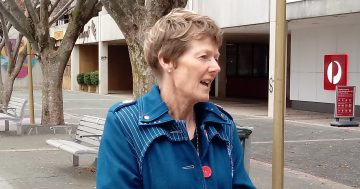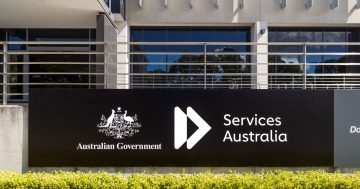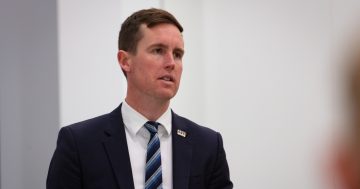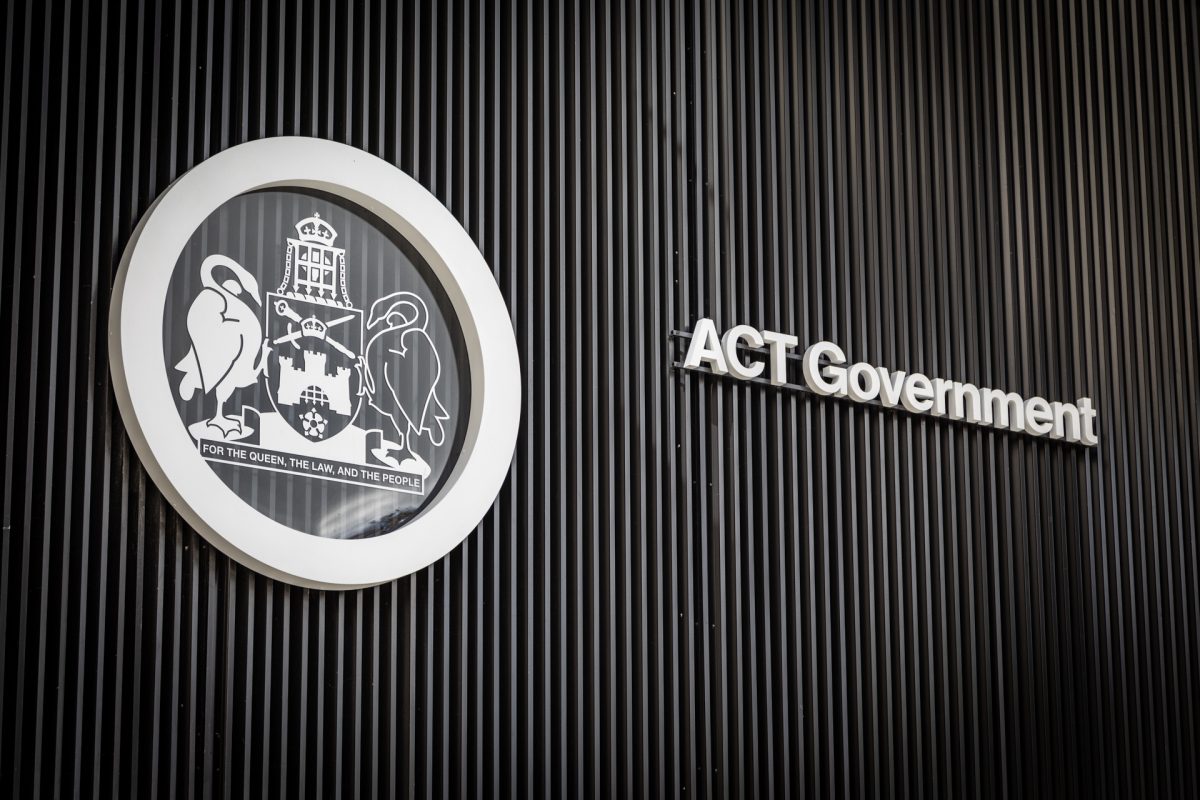
It seems the ACT Government’s procurement woes are not yet over, with the latest Auditor-General report blasting the awarding of cleaning contracts Photo: Michelle Kroll.
Concerns about procurement across the ACT Public Service are nothing new, and the latest Auditor-General report has once again found an arrangement between a government directorate and a cleaning company did not pass muster.
Auditor-General Michael Harris examined payments totalling $8 million from the Justice and Community Safety Directorate (JACS) to an unnamed cleaning company for cleaning services for Emergency Service Agency facilities across more than a decade.
Those services were deemed to have been provided, in many cases, without any contract or any evidence of an open and competitive tender process which meant there had been no scrutiny from the directorate over whether they represented value for money.
The company began providing general cleaning and ground maintenance services in the “early 2000s”, but there are no payment records before 2008, meaning Mr Harris could not determine how much was spent and for what services earlier than this. He further raised concerns about the lack of a contractual agreement.
While four contracts were signed between 2009 and 2018, the Audit Office could not find evidence they were “sufficiently open and competitive” to have complied with ACT law.

ACT Auditor-General Michael Harris found many issues with the JACS cleaning contracts. Photo: File.
On Wednesday (14 December), Mr Harris provided an information report only to the ACT Legislative Assembly as his office had decided not to undertake a performance audit.
JACS had already engaged a new cleaning contractor and told the Audit Office it had improved its procurement processes since.
Troubles with procurement – the official process of obtaining or purchasing goods or services – were blasted as “likely endemic” by the ACT’s Integrity Commissioner in March of this year.
And in November, Auditor-General Harris warned an annual reports hearing his upcoming reports would once again raise familiar themes, including a lack of expertise and practice, unawareness, naivety, and public servants and decision-makers not asking the right questions.
He told the same hearing he assumed issues were arising because smaller departments were not making major procurement decisions very often.
But larger directorates have also come under fire.
In September this year, the Auditor-General took aim at the former Land Development Agency and the City Renewal Authority’s management of the Acton Waterfront project, saying the request for tender was poorly designed and did not represent value for money.
Late last year, the handling of the Campbell Primary School modernisation project by the Education Directorate and Major Projects was described by Mr Harris as lacking probity and being riddled with administrative and governance shortcomings which could have led to conflicts of interest.
The role of the government procurement board in the now well-publicised CIT contracts saga is also expected to feature in another of his upcoming reports.
At the same time, the multi-million-dollar jargon-filled contracts awarded to skills and complexity thinker Patrick Hollingworth remain before the Integrity Commission.
The latter is expected to take some time as the office is now reviewing more than a million documents and multiple contracts.
Skills Minister Chris Steel – who has argued he remains at arm’s length from any procurement decisions made by CIT – has nonetheless faced criticism from the Opposition.
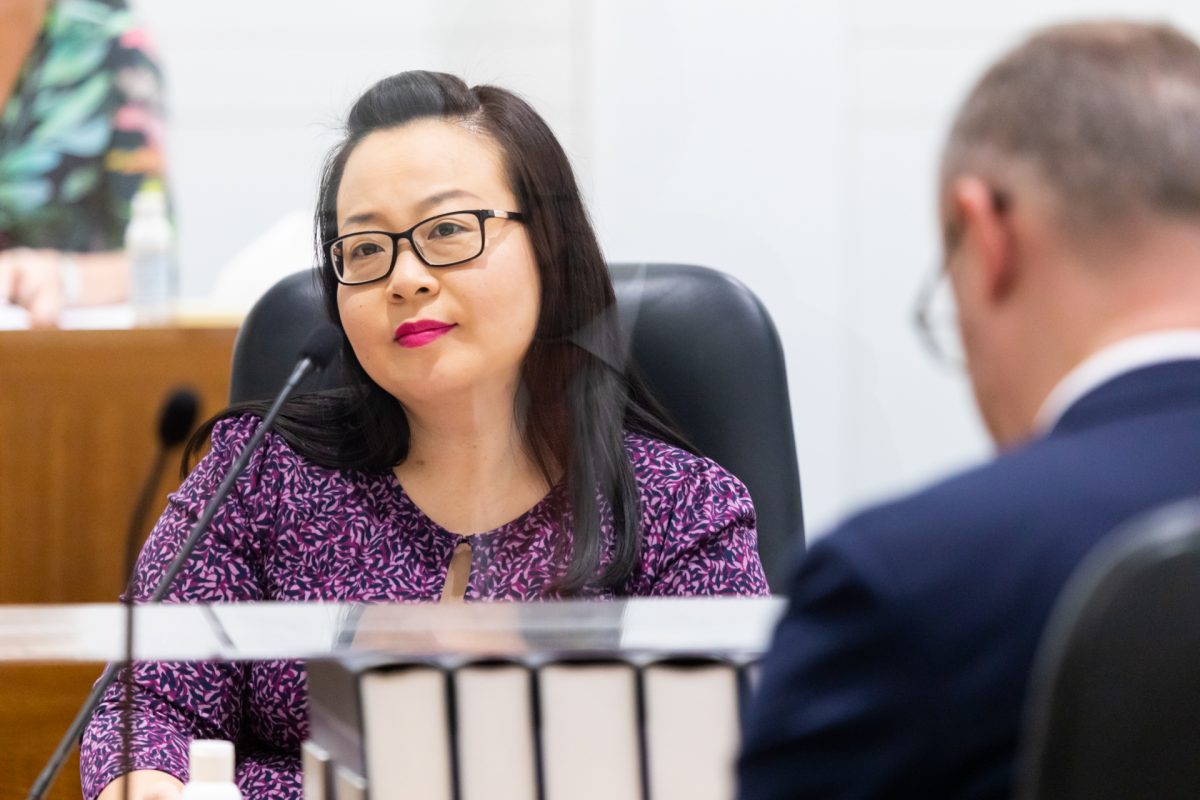
Opposition Leader Elizabeth Lee has been pushing for an audit of all ACT Government decisions over the last five years. Photo: Michelle Kroll.
Canberra Liberals Leader Elizabeth Lee has tried, without success, to force the government to commit to an audit of every single procurement decision made over the last five years.
She’s accused the Labor-Greens government – which has been in power for more than two decades – of having fostered a “culture of secrecy” which formed the “core of the rot”.
An ACT Legislative Assembly inquiry also made recommendations from the government for how it could improve its procurement processes, including adding value-for-money assessments into every decision made.
That followed a previous report from the Auditor-General which determined that of 33 procurements undertaken by the government, none got everything right.
The government has commenced a review of Procurement ACT, which is being overseen by Mr Steel, who is also Special Minister of State.












